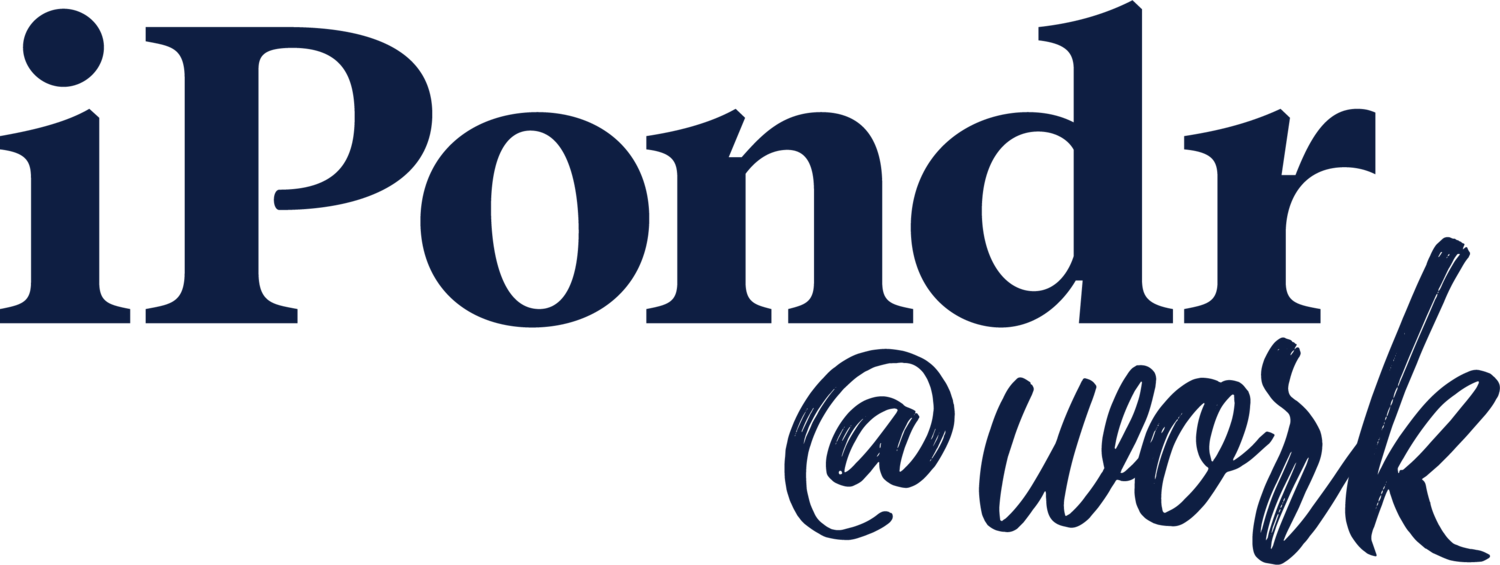Can Workplace DEI Learning be both effective and efficient? The answer is: It has to be.
America needs affordable, scalable and effective solutions for workplace culture learning.
Kate Mortenson, Founder and CEO of iPondr
The Great Resignation is impacting business across industries.
Pandemic-era societal challenges have made employees sick, tired and burnt out.
The new table stakes for people and organizational success is not better Compliance, it's better Culture.
Empathy skill development using the power of our diverse human stories is the key to unlocking the potential of a resurgent workforce.
Technology makes it possible to ‘do what works’, at scale.
Today’s Workplace is reckoning with overlapping and intersecting worker challenges.
Shifts in culture and new societal imperatives are roiling the corporate workplace. The same workforce dynamic is impacting environments of higher education and the public sector. Traditional perks, even boosting compensation, is still leaving many workers ‘on the fence’. Whether forward-looking or desperate, employers are committed to doing things differently. Yet uncertainty about what “doing things differently” means, exactly, has introduced new levels of brand-reputation and ‘people risk’ into the workplace.
Companies are being forced to rethink their dated practices and to adapt more rapidly to cultural shifts. The presence of Empathy, a skill that can be learned, is an essential component.
The Great Resignation, the impact of many colliding social factors, has been far-reaching and well-reported.
But are companies even doing ‘what works’ to improve the workplace, and workplace results? Looking ahead, successfully navigating this moment can position organizations to win big, in the Great Return to Work.
A key to preparing for whatever is next in the Future of Work is ‘Cultural Upskilling’; providing workforce learning for shifting cultural and societal norms, and developing Empathy skills as an essential process improvement, enterprise-wide.
Differences amongst workers, what makes them unique, can benefit or derail both worker and workplace. To upskill the workplace for success today and in the future, effective Diversity, Equity and Inclusion (DEI) is more relevant than ever. However, authentic appraisals conclude that existing tools and approaches are either ineffective or inefficient.
To stay competitive as a country, we must increase employee engagement and spur innovation in the American workforce. Covid-era research published by Catalyst shows that when workers feel a sense of belonging and a workplace commitment to inclusive practices, such as Empathy, the resulting environment supports "innovation and intent to stay." Empathy leads to a feeling of inclusion and belonging, increases employee engagement, and improves customer service. Another study asserts that “empathy is positively correlated with growth, productivity, and earnings.” The same study, published by Microsoft, also makes “a case for empathy boosting the bottom line as the top 10 most empathetic companies generated 50% more earnings than those ranking least.”
Human-centered stories that illustrate DEI concepts, told in engaging, rich multimedia formats spark empathy, helping to embed new learning.
True human stories are powerful. Research by Paul Zak published in the Berkeley Journal, Greater Good expresses that human stories "shape our brains, tie strangers together, and move us to be more empathic and generous." Personal stories of challenges, or overcoming, related to “otherness” have a unique power to elicit an empathetic response. Recurring exposure helps to embed DEI concepts and develop empathy skills over time. Micro-learning (low dose, high frequency training) makes the practice sustainable and reduces backlash.
A report recently released by Brook Graham asserts that micro-learning, ideally in a media-rich format, is the most effective way to embed DEI concepts in the brain. The report references individual research by Psychologists Herman Ebbinghous and Celil Alec Mace, concluding that creative repetition, with breaks in between, can change a potential for 80% learning loss to an astonishing 80% likelihood of learning retention. A regular practice of ten minutes per week produces learning results.
“Small-bite”, journalistic content provides true human stories in ‘rich multimedia’. Technology enables organized learning and measurable engagement.
Short burst DEI micro-lessons, illustrated by richly-told human stories of difference in an environment of empathy skill development, using scaling technology, creates empathy and helps enterprises prepare for the “people-impacts” of unknowable future events. Effective, efficient and scalable solutions to improve the workplace, and derive better workplace results, are available now. Organizations that pivot to an evidence-supported practice and commit to ‘doing what works’ as an essential process improvement, will have winning teams in the Future of Work.


